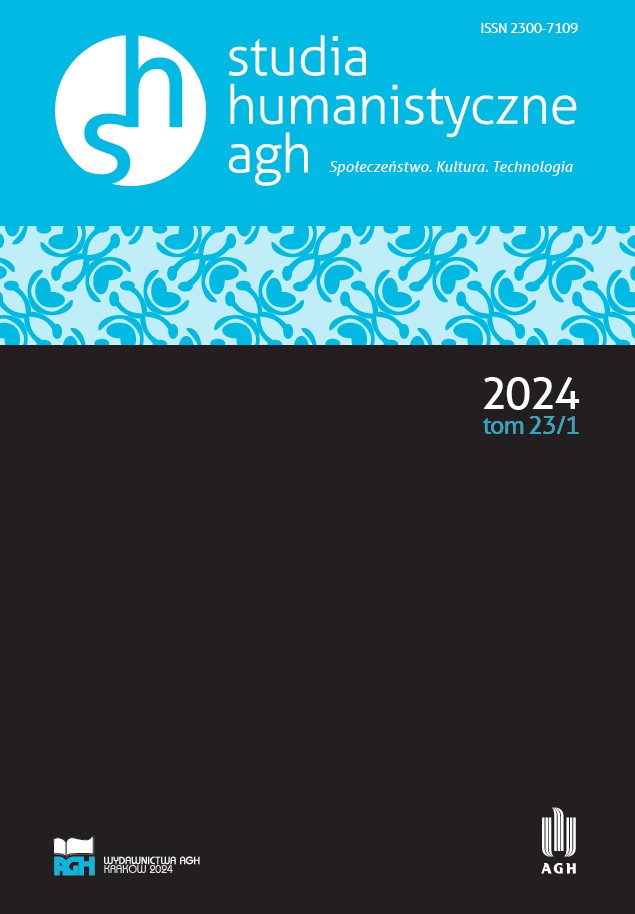A Culture of Wellbeing… in the Kitchen. Reflecting on Food in the Context of the Concept of Wellbeing
DOI:
https://doi.org/10.7494/human.2024.23.1.6331Keywords:
marketing, food, wellbeing, advertising, food for wellbeingAbstract
A Culture of Wellbeing… in the Kitchen. Reflecting on Food in the Context of the Concept of Wellbeing
The aim of this article is to show that referring to the concept of well-being in a broad sense (not only in terms of physical health, but also in an emotional or social sense) is used in food advertising to encourage consumers to purchase food products. However, referring to the idea of wellbeing in food advertising does not necessarily imply building a ‘positive food culture’, that is, one that supports healthy eating habits (Mingay et al., 2021), as it can also be found in advertisements for sweets or fast food. One of the theoretical references used in the article is the concept of food for wellbeing (Block et al., 2011), which complements the hitherto popular food for health concept.
Downloads
Downloads
Published
Issue
Section
License
Copyright (c) 2024 © Wydawnictwa AGH, Kraków 2024, Creative Commons CC-BY 4.0 License

This work is licensed under a Creative Commons Attribution 4.0 International License.
Authors who publish with this journal agree to the following terms:1) Authors retain copyright and grant the journal right of first publication with the work simultaneously licensed under a Creative Commons Attribution License that allows others to share the work with an acknowledgement of the work's authorship and initial publication in this journal.
2) Authors are able to enter into separate, additional contractual arrangements for the non-exclusive distribution of the journal's published version of the work (e.g., post it to an institutional repository or publish it in a book), with an acknowledgement of its initial publication in this journal.
3) Authors are permitted and encouraged to post their work online (e.g., in institutional repositories or on their website) prior to and during the submission process, as it can lead to productive exchanges, as well as earlier and greater citation of published work (See The Effect of Open Access).



